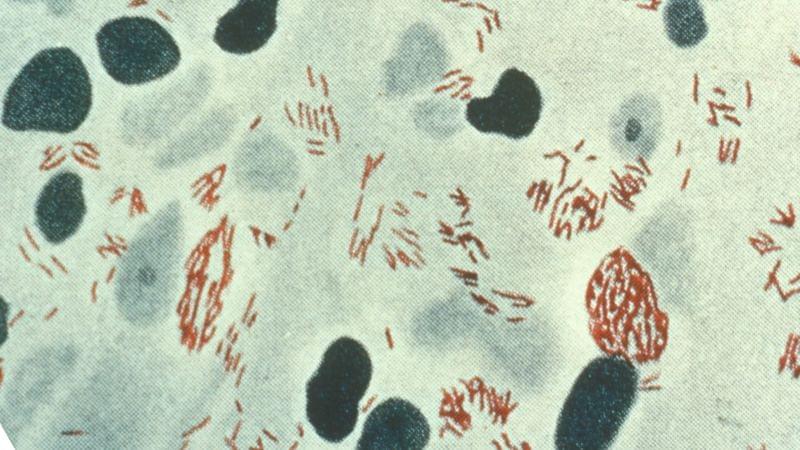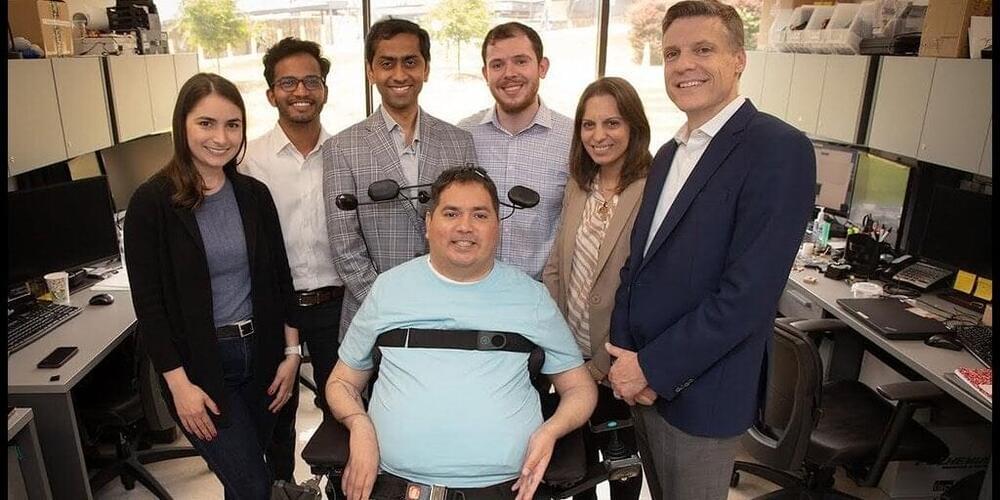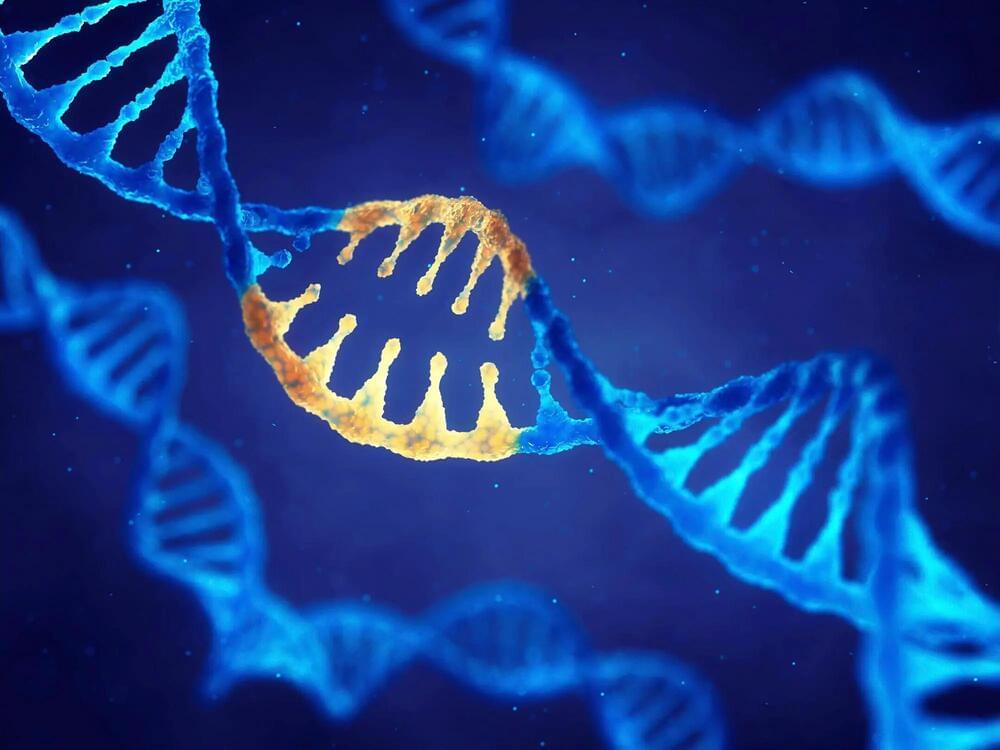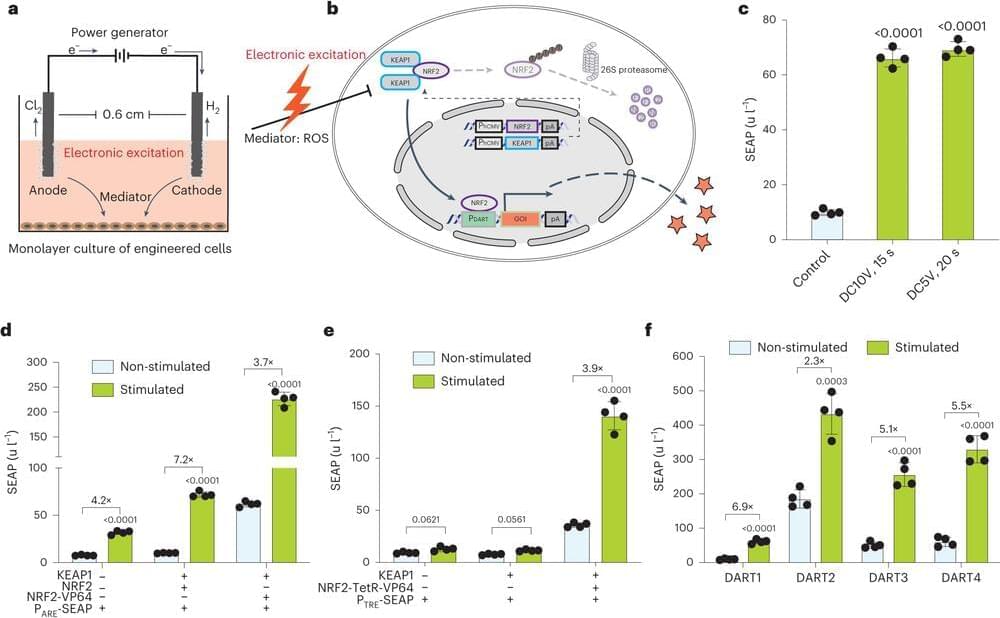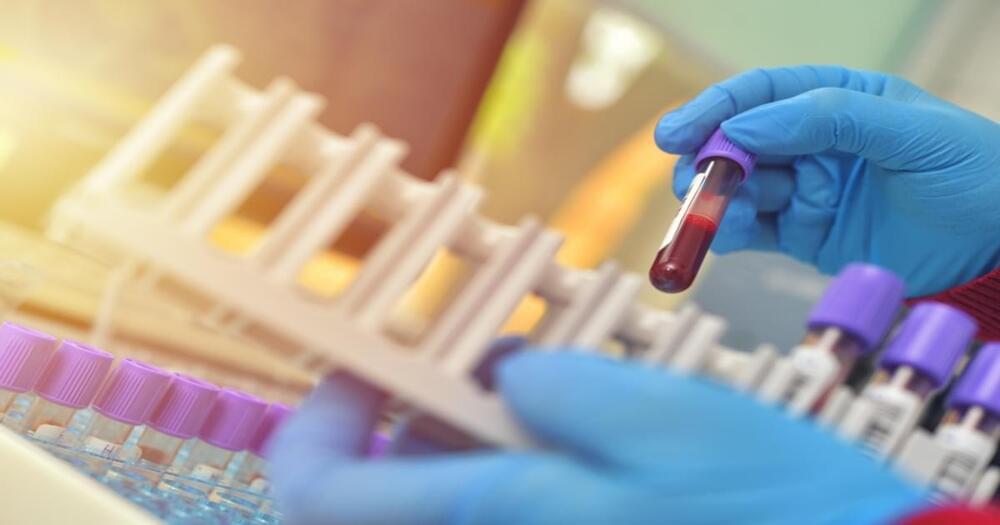Each cell in the body stores its genetic information in DNA in a stable and protected form that is readily accessible for the cell to carry on its activities. Nevertheless, mutations—changes in genetic information—occur throughout the human genome and can have a powerful influence on human health and evolution.
“Our team is interested in a classical question about mutation—why do mutation rates in the genome vary so tremendously from one DNA location to another? We just do not have a clear understanding of why this occurs,” said Dr. Md. Abul Hassan Samee, assistant professor of integrative physiology at Baylor College of Medicine and corresponding author of the work.
Previous studies have shown that the DNA sequences flanking a mutated position—the sequence context—play a strong role in the mutation rate. “But this explanation still leaves unanswered questions,” Samee said. “For example, one type of mutation occurs frequently in a specific sequence context while a different type of mutation occurs infrequently in that same sequence context. So, we think that a different mechanism could explain how mutation rates vary in the genome. We know that each building block or base that makes up a DNA sequence has its own 3D chemical shape. We proposed, therefore, that there is a connection between DNA shape and mutations rates, and this paper shows that our idea was correct.”



